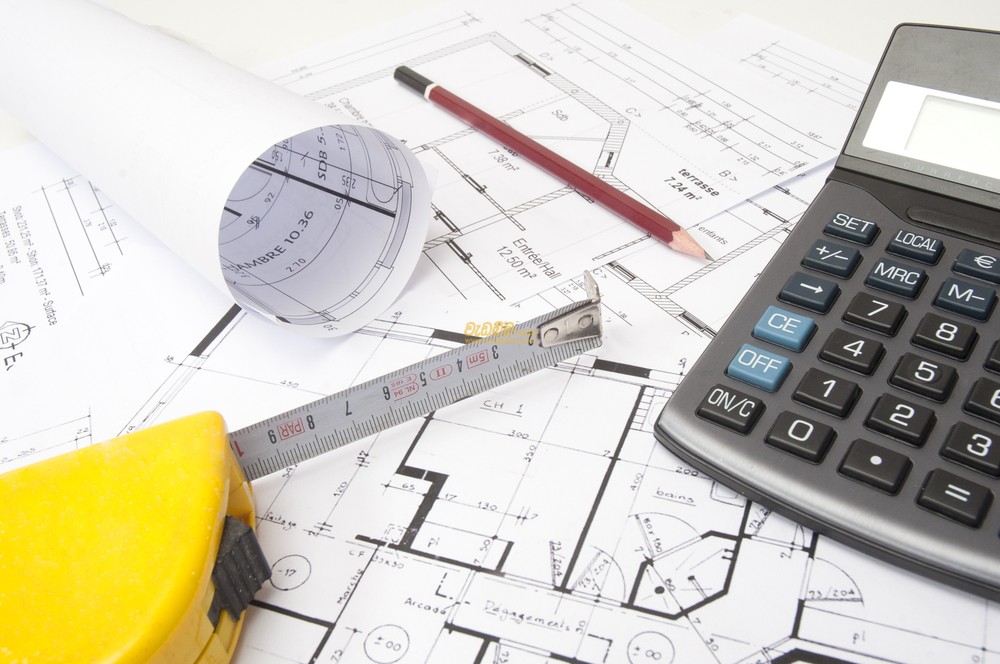Do you want to become a residential construction estimator? Being an estimator can be quite a hefty and tricky job to do, as there is little to no room for mistakes in this field. So you need to have absolute knowledge and grip over this topic.
Do you want to have a complete understanding of this field?
Let us first walk you through what this field is all about and what are the important aspects of it. Residential Construction Estimating Services include calculations of everything that is required for you to construct a project with excellence along with providing ways to manage your project.
Here are some services that you will have to provide as a residential estimator:
- Material takeoff
- Budget plans
- Design estimates
- Cost estimation
- Feasibility reports
- Bid estimates
- MEP Estimates
- Drywall estimation
- Labour cost estimation
- Metal estimation
- Project scheduling
- CAD drafting
- Remodeling plan
Do you know about these services?
These are the services you’ll be providing if you become an estimator so make sure you are aware of all of these.
Do you know about the requirements for being an estimator?
Now the next thing you need to learn is the criteria for becoming a residential construction estimator. To work in any field in this world, there are some basic requirements that you need to fulfill, such as being educated enough about the field, having skills by your related field and having some experience. For your better understanding Let us cover every requirement in detail.
A guide map to become a professional Residential Construction Estimator
Education
Have you ever heard of the phrase that says “education is the key to success”? It is right. To become a successful evaluator, we recommend that you consider education as the most important in your development. To gain the maximum opportunities you’ve been waiting for, consider earning a bachelor’s degree in construction management, construction science, civil engineering, or quantity surveying. This will enable you to gain a professional qualification as a residential valuer.
Get Certified
The word certified carries a lot of weight; therefore, being a certified residential construction appraiser can be a huge advantage. Earn certifications such as Certified Estimator Professional (CPE) from the American Society of Professional Estimators or Certified Cost Professional (CCP) from AACE International, or you can even earn an Engineer in Training (EIT) certification. These certificates will showcase your skills and abilities, helping you get many opportunities.
Gain professional experience
Working in the construction industry will give you valuable practical experience. Construction work, carpentry and project coordinator positions can provide valuable knowledge of construction procedures, material costs, and project management. Additionally, gaining expertise in estimating software and collaborating with vendors will help you better understand cost estimation. By actively participating in all phases of construction, you will gain an in-depth understanding of project requirements, budgeting, and the complexities of construction cost control, all of which are necessary for a successful career as a construction estimator. housing construction. You can also work in an Electrical Takeoff Company to gain more experience.
Build a professional network
To expand your professional network as a residential construction appraiser, you should join professional associations such as ASPE or NAHB to access events and resources. Attend conferences and trade shows to network with other professionals, find jobs, and connect with industry experts on social media sites like LinkedIn. To expand your professional network, you should also engage with nearby suppliers and construction companies, conducting informative interviews to gain knowledge and advice Seek a mentor for networking and advice
Be sufficiently qualified
Be competent enough to accurately use surveying tools and estimating software such as Planswift, ProEst, Trimble, Blue Beam, and E-Shock. You must also know how to read plans, have strong analytical skills, and understand construction materials and methods.
Apply for jobs
When applying for a job as a residential construction estimator, start by looking for entry-level positions or internships with construction companies, or you can also work as an intern at an electric elevator company or an MEP estimating company to gain relevant experience in the sector. Customize your resume to highlight your relevant talents, such as your construction experience, tool evaluation skills, and hands-on jobs you’ve held in the field. Highlight any budget projects, such as estimating the cost to build a Florida room or experiencing construction plans. Write a compelling cover letter that illustrates your enthusiasm for the position, your knowledge of the construction industry, and how your experience matches the job requirements. Prepare for the interview by repeating typical questions and demonstrating your knowledge of cost estimating and industry techniques.
Conclusion
To summarize we would like to mention that to become a successful residential construction estimator. There is a criterion for learning skills and gaining education that you need to follow. Once you’re on the path of learning and gaining experience, you will attain confidence side by side. We suggest that you start polishing your skills from now on to reach the maximum level of competency required by this competitive industry. As this industry is full of competition, make sure you work hard enough to pave your way right to the top.










